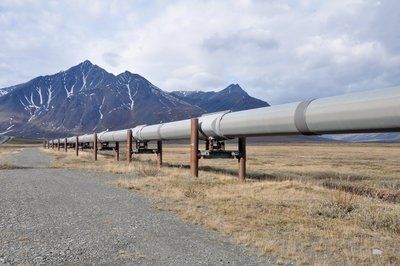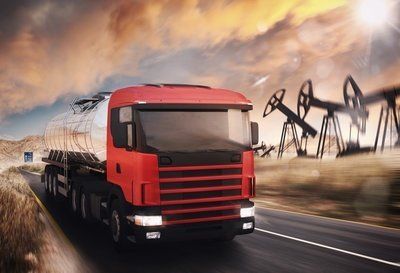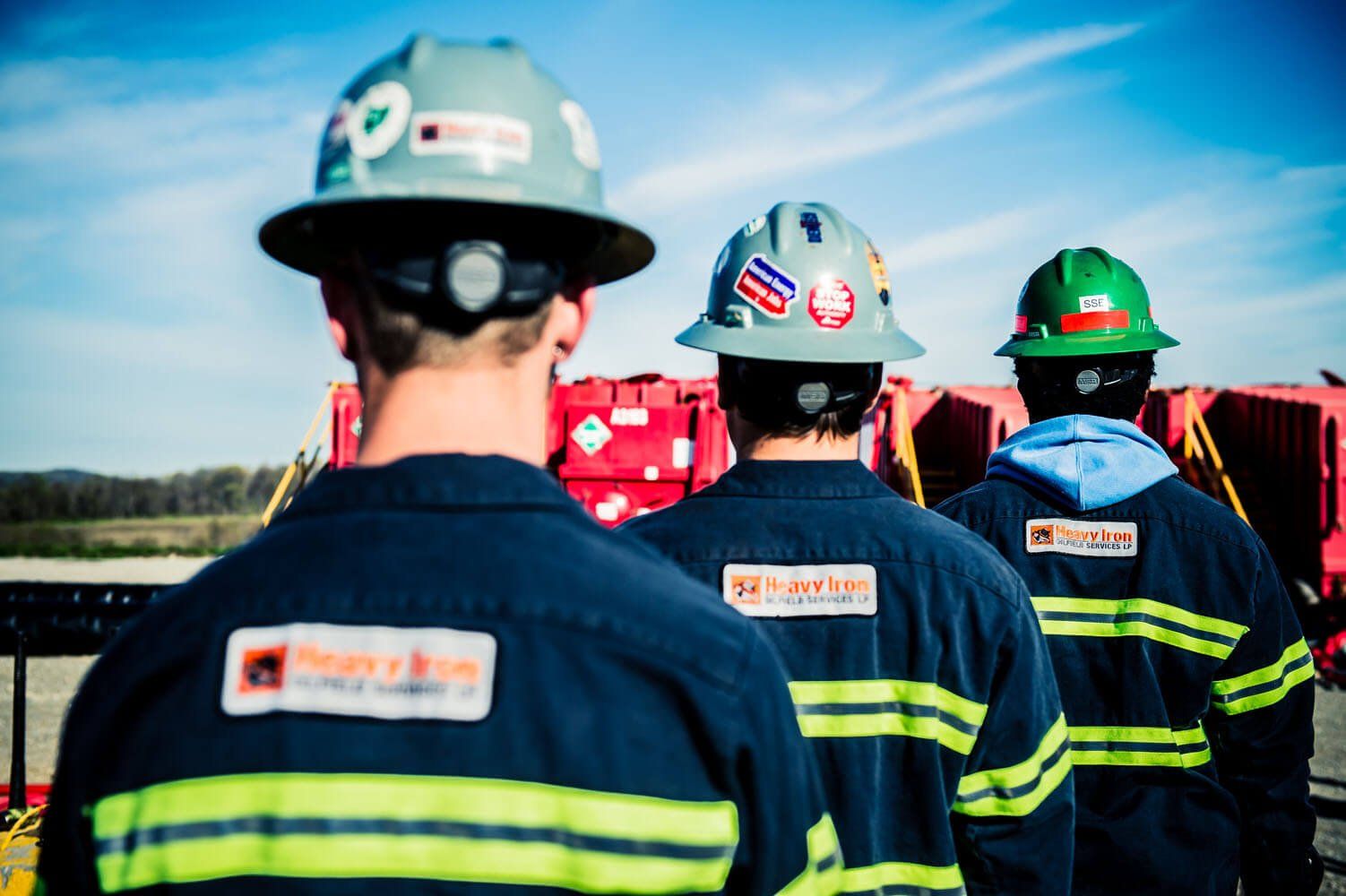HEAVY IRON NEWS
Should PA Be Evaluating Oil Train Safety?
- By Design Team
- •
- 15 Dec, 2015
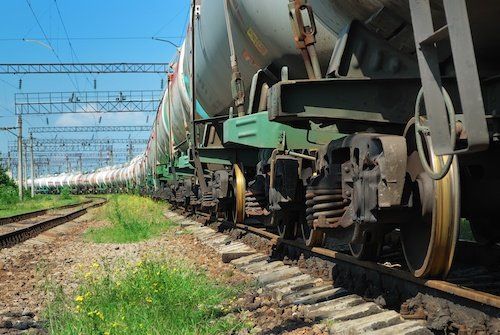
PENNSYLVANIA'S OIL TRAIN SAFETY REPORT
PENNSYLVANIA SENATORS ARE EVALUATING OPTIONS
THE NEED FOR OIL AND TRAIN SAFETY
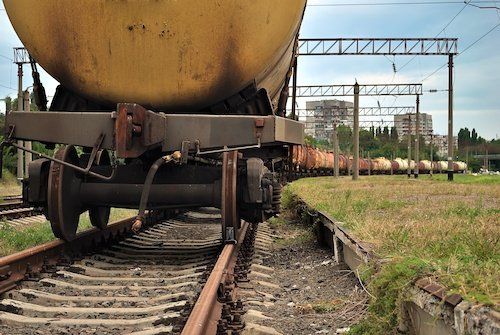
Historically, the danger from transporting crude oil has not originated from the oil itself but instead due to the mechanical or track failure of the trains. The most significant train derailment and accident within Pennsylvania was an Amtrak train transporting passengers. Comparatively, the risks that oil trains bring are minimal, and are largely related to an increase in train traffic itself, rather than to an increase in crude oil transportation. If the oil transportation companies are earnest about improving their own safety performance, there may be no need for additional regulations.
Pennsylvania's legislators remain largely silent regarding the question of oil and train safety. Moreover, they may not become necessary. As of yet, there has not been a significant danger shown by the increased presence of oil trains throughout the state. Additional regulations could simply reduce the amount of money that is being brought into the state by the new oil industry and the financial influx brought in by oil transportation. The report requested by the Governor of Pennsylvania can easily be used by the private oil train companies to improve their safety independently. To learn more about safety within the oil field and transportation industry, you can contact Heavy Iron Oilfield Services LP.
Subscribe to Email Updates
Recent Post
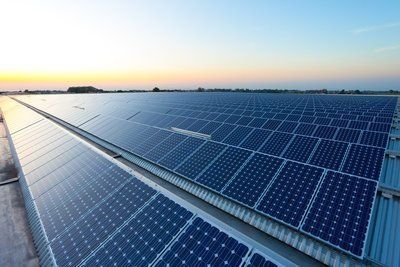
| A new project in development in Oman may be able to revolutionize the way that people think about solar energy and oil and gas. The Miraah project currently being developed will use solar power in order to produce oil, thereby reducing the amount of natural gas Oman residences will need to rely upon. Ideally, the Miraah project will be able to address many of the outstanding issues with solar technology related to energy capture, while creating a more efficient and effective method of oil production. |
